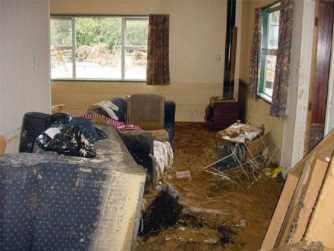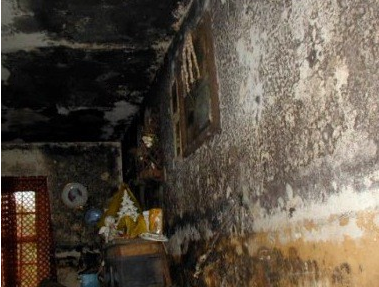Damage Inspections Florida
Damage Inspections Florida
Damage Inspections Houston
Dama e inspections Houston are provided by EMA engineers, who provide flood damage inspections, building ,damage inspections after storms, hailstorms hurricanes and excessive settlement of blasting in New Orleans, Fayetteville, Baton Rouge, Houston, Dallas, Beaumont, Corpus Christi, Port Aransas, New Orleans & Baton RougeHazards in and around flood damaged inspections of buildings include the risks of:
growth oflarge mold colonies;
septic system collapse by damage inspections Houston;
trip-and-fall injuries;
structural collapse;
fire and explosions;
toxic sludge and materials containing waterborne bacteria; and
electrical shock hazards.
Houston Building Damage Inspections
Inspect the flood damaged building exterior for damages by downed power lines and gas leaks. Gas leaks will smell like rotten eggs. If you suspect a gas leak, contact the utility company immediately by damage inspections New Orleans, Bahamas & Houston
While entering the building; see if the door sticks at the top. If it does, this could mean that the ceiling is ready to collapse.After you open the door; stand outside the doorway;clear of any falling debris.
Wear sturdy, treaded boots.According to the American Red Cross; the most common injury following a disaster is cut feet. Broken bottles; nails; glass, and other dangerous debris may litter the floor, and stairs may be very slippery and can pose risk to damage inspections houston..
Once you are inside the home; check for gas leaks again. lfyou smell gas or hear a blowing or hissing noise; open a window and quickly leave the building. Turn off the gas at the outside main valve; ifyou can; and call the gas company from a neighbor’s home. If you turn offthe gas for any reason; a professional must turn it back on. Never use an open flame inside ofa flood-damaged house unless you know that the gas has been turned off and the house is ventilated. To inspect for damage, use a battery-powered lantern or I flashlight; and not an open flame or electrical fixture in the house by damage inspections New Orleans; Bahamas. Louisiana & Houston.
Building Inspections Houston & New Orleans
Do not use appliances that may have gotten wet unless you know they have been dismantled, cleaned and dried. Do not work by yourself. If you are injured, it might take a long time before you receive assistance. If you must work alone, bring a cell phone or radio so you may call for assistance, if the need arises. Bring a HEPA-rated respirator to use in case you detect extensive mold. If you are asthmatic or otherwise at heightened risk to mold exposure, leave the


building. Other inspector-safety equipment, such as gloves and coveralls,may also prevent contact with mold and other contaminants.
- Examine doors, walls, windows, fioors and staircases to make sure that the flood damage inspections of building shows no signs of potential collapse. Inspect for loose plaster,
- drywall, and ceilings that may fall. Also, inspect the foundation for evidence of cracks and other structural damage that may render the building uninhabitable.
- Inspect for fire hazards, such as broken and leaking gas lines, flooded electrical circuits, and submerged furnaces and electrical appliances. Flammable and explosive materials
- may travel from upstream. Be aware that fire is the most frequent hazard in homes following floods.
- Inspect for electrical system damage, such as broken and frayed wires, and burned insulation. You can turn off the electricity at the main fuse box or circuit breaker. If you have to
- step in water to get to the fuse box or circuit breaker, call an electrician first for advice. Electrical equipment should be inspected by a qualified professional and dried before being returned to service.
- Inspect for sewage and water supply-line damage. If you suspect sewage lines during fiood damage inspections have been damaged, avoid using the toilets and instruct the client
- to call a plumber. If water pipes are damaged, instruct the client to contact the water utility company and avoid operating the tap.
- damage inspections New Orleans, Texas &Bahamas.
- Use caution while inspecting crawlspaces for a variety of reasons, such as the presence of mold, sewage, asbestos, chemicals, rodents, and the risk of structural collapse by I